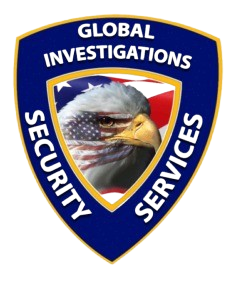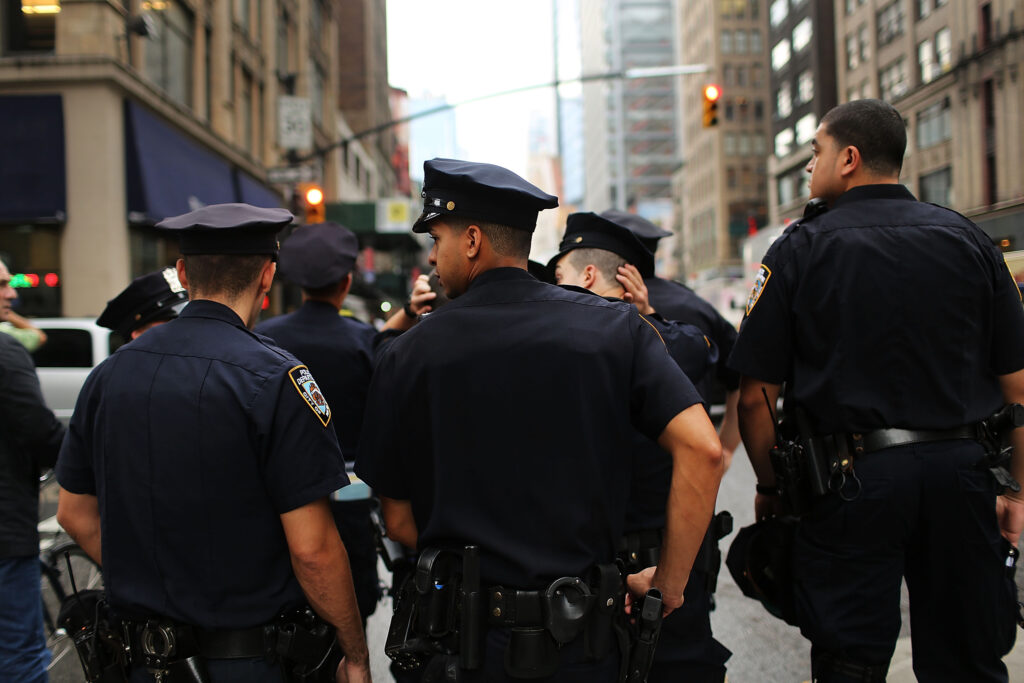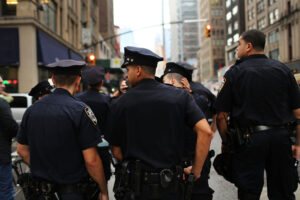Shelter security in Manhattan ensures safety for all, trusted guards and emergency solutions protect vulnerable residents and support staff 24/7.
In the heart of Manhattan, where the city’s dynamic rhythm intersects with human vulnerability, the need for effective homeless shelter security has become more pressing than ever. With rising demand for temporary and emergency housing, ensuring a safe environment for shelter residents and staff is essential. This is where shelter security protection, delivered by skilled homeless shelter security guards, plays a transformative role.
Manhattan’s shelters are often high-traffic facilities, providing refuge for individuals and families in crisis. These spaces require specialized security protocols that go beyond typical surveillance, blending compassion with safety and structure. This article explores the unique security challenges within Manhattan shelters, best practices, and the latest emergency shelter security solutions.
Why Shelter Security Matters in Manhattan
Homeless shelters face distinct challenges that require a tailored approach to security. High occupant turnover, mental health and substance abuse issues, and the general unpredictability of crisis-driven environments necessitate specialized measures.
Shelter security protection is not merely about preventing crime—it’s about fostering a sense of dignity, structure, and peace in vulnerable spaces. Without effective protection, shelters risk becoming chaotic or unsafe, undermining their mission of support and recovery.
The Role of Homeless Shelter Security Guards
Homeless shelter security guards are the backbone of safety operations in Manhattan’s shelters. Their responsibilities are multifaceted, including:
Monitoring entrances and exits to prevent unauthorized access.
Conducting routine patrols to detect unusual behavior or safety hazards.
De-escalating conflicts among residents or between residents and staff.
Collaborating with shelter management and social workers to address behavioral concerns.
Administering first response aid during medical or safety emergencies.
Trained specifically for shelter environments, these guards combine situational awareness with empathy. Their training covers crisis intervention, mental health first aid, and trauma-informed care—making them more than just enforcers, but guardians of healing spaces.
Emergency Shelter Security Solutions
As shelter populations grow, so do safety concerns. Fortunately, advanced emergency shelter security solutions are reshaping protection protocols. Manhattan facilities are increasingly turning to:
Access Control Systems
Automated access control through keycards, biometric scanners, and facial recognition enhances accountability and prevents intrusions.
Surveillance and AI Monitoring
Modern shelters deploy high-definition cameras and AI-enhanced analytics to monitor resident movements, detect unusual activity, and provide real-time alerts.
Emergency Communication Systems
Integrated PA systems, panic buttons, and mobile alerts ensure that both staff and residents can quickly respond to threats or call for help.
Incident Management Software
Digitized logs, behavior tracking, and incident reports streamline communication among security staff and caseworkers, reducing administrative delays.
These solutions ensure timely intervention and coordinated responses, essential for preserving safety and supporting shelter operations.
Key Benefits of Effective Shelter Security
Investing in robust shelter security offers several long-term benefits:
Improved Safety: Residents feel secure, reducing incidents of violence or theft.
Operational Efficiency: Streamlined reporting and access reduce confusion and enhance staff performance.
Legal Protection: Comprehensive security minimizes liability risks for shelter operators.
Community Trust: A well-managed, secure shelter garners support from local communities and donors.
Partnering with Professional Security Firms
Many Manhattan shelters collaborate with specialized security providers who understand the nuances of shelter protection. These firms offer:
Pre-screened and trained guards familiar with trauma-sensitive care.
24/7 staffing to maintain consistent vigilance.
Ongoing training on legal rights, de-escalation techniques, and cultural competency.
Choosing a partner well-versed in homeless shelter security guards and emergency shelter security solutions can make a crucial difference.
Challenges in Shelter Security
Despite growing awareness, shelters still face hurdles such as:
Limited Budgets: Funding constraints often limit staffing or delay tech upgrades.
Staff Burnout: High-stress environments can affect morale and response quality.
Complex Needs: Residents may require nuanced, individualized handling that security personnel must be trained to deliver.
Addressing these challenges requires not only investment but also a holistic approach that treats security as a core element of shelter design and management.
Best Practices for Shelter Security in Manhattan
Here are some actionable strategies for improving security in shelters:
Integrated Safety Training: Train all staff—not just security guards—on emergency response and trauma-informed practices.
Resident Orientation: Educate new residents on rules, expectations, and reporting protocols.
Regular Audits: Conduct periodic safety reviews to assess and address vulnerabilities.
Community Engagement: Work with local police and nonprofits to enhance on-site safety without stigmatization.
Feedback Loops: Create mechanisms for residents and staff to report concerns or make suggestions anonymously.
These practices help shelters maintain a safe, supportive environment where residents can focus on recovery and stability.
The Future of Shelter Security in Manhattan
As urban housing challenges persist, the future of shelter security protection in Manhattan depends on innovation and empathy. Tech-driven emergency shelter security solutions will likely become more widespread, but the human touch—embodied by skilled homeless shelter security guards—will remain irreplaceable.
Security teams will continue to evolve from traditional roles to act as facilitators of safe healing environments. The integration of social work principles into security training marks a progressive shift in how protection is delivered in sensitive settings.
Conclusion
Homeless Shelter Security in Manhattan, NY is more than a logistical necessity—it’s a moral imperative. With compassionate, well-trained homeless shelter security guards, and the implementation of smart emergency shelter security solutions, shelters can fulfill their mission more effectively.
As shelters serve the city’s most vulnerable, security must be reimagined not just as prevention but as empowerment. Investing in modern shelter security protection ensures that every individual who walks through a shelter’s doors is treated with dignity, safety, and respect.
FAQs
What training do homeless shelter security guards receive?
They are trained in de-escalation, trauma-informed care, emergency response, and sometimes in mental health first aid to handle vulnerable populations.
Are all shelters in Manhattan required to have professional security?
While not all are mandated, most shelters, especially larger ones, employ security to comply with city safety regulations and funding requirements.
How do emergency shelter security solutions differ from standard systems?
They are tailored for high-stress, high-turnover environments and focus on both technology (e.g., surveillance) and human response (e.g., conflict resolution).
Can residents provide feedback about shelter security?
Yes, many shelters offer anonymous feedback options to help refine and improve security protocols.
How often is shelter security evaluated?
Most organizations conduct internal audits quarterly or bi-annually, along with routine reviews from partnering security firms or city agencies.







